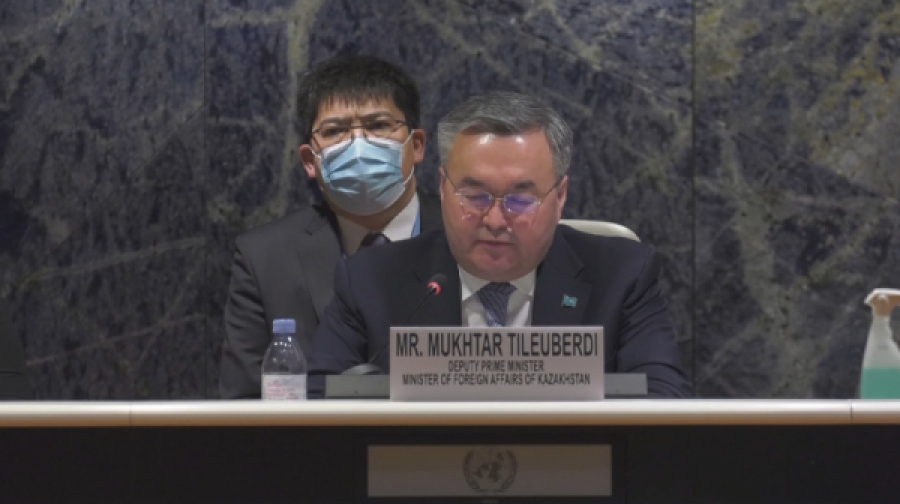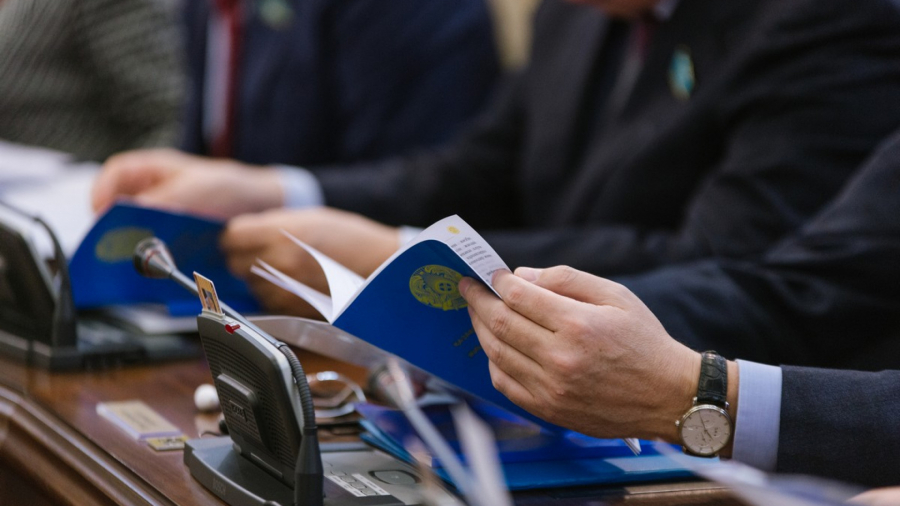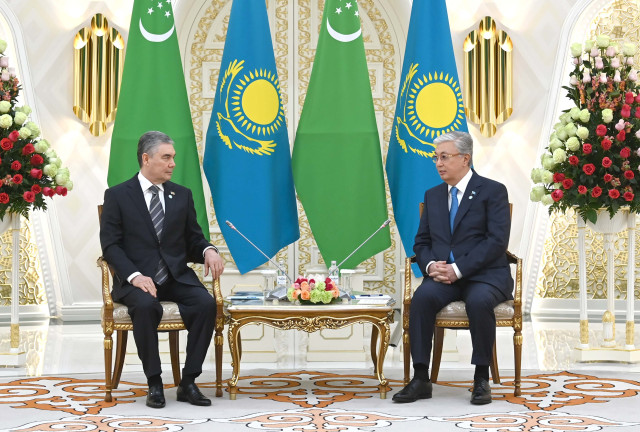
Kazakhstan is set to address a number of tasks as part of the approved Comprehensive Water Sector
Development Plan until 2028, including increasing the country’s water resources, reducing losses in irrigation systems, and accumulating flood water for further use. Notably, the plan provides for more than 5,000 measures, one of which is the
organization of irrigation systems. In his annual state-of-the-nation address, President Kassym-Jomart Tokayev instructed the Government to specifically tackle these issues, as well as to modernize hydrological posts, introduce water-saving technologies, and regulate tariff
policies, emphasizing that irrigation systems, water accumulation, and
usage could become attractive investment sectors.
«The plan envisages the construction of 42 new reservoirs, the reconstruction of 34 hydraulic structures, and the development or renovation
of about 14,500 kilometres of irrigation systems. Negotiations
with the Islamic Development Bank for financing these projects are nearing
completion. The task has
also been set to expand the use of water-saving technologies to 150,000 hectares
annually. Each region has been given relevant indicators,» said Bolat Bekniyaz, Kazakh First Vice
Minister of Water Resources and Irrigation.
Farmers will be encouraged to apply advanced water-saving systems and install them on
irrigated fields, with subsidies increased from 50 to 80 percent. Agricultural producers will also receive
reimbursement up to 80 percent for the costs of drilling wells for infrastructure. Additionally, on the instructions of the Head of
State, a Roadmap for water conservation until 2027 has been approved.
«The implementation of the Roadmap will help reduce water losses, enhance
available water resources, as well as improve the condition of hydraulic
structures. We will develop new rules for tariff formation in the water sector, incorporating differentiated
tariffs based on factors such as crop types, consumption volumes, and the use
of water-saving technologies or metering devices,» Bekniyaz added.









